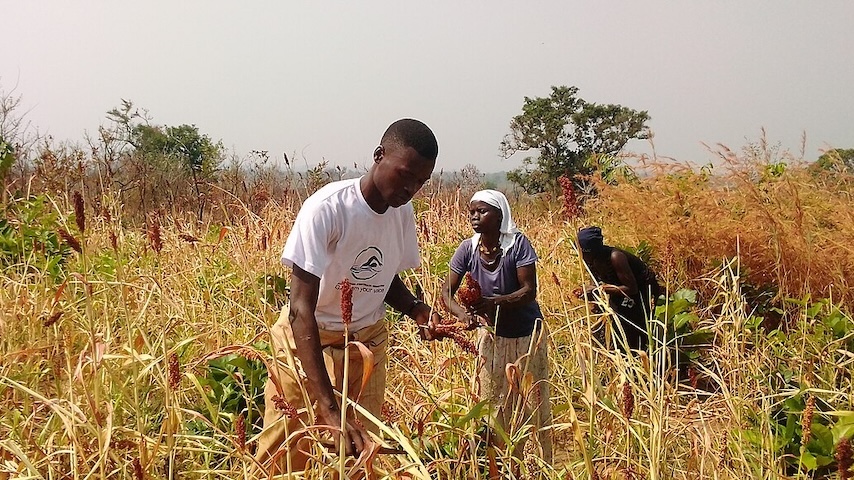Climate Change Will Shift Temperature-Related Deaths—And Not How You Might Think
Photo by Asikironalio/Wikimedia Commons
When severe heat waves hit, there are often calls to check on elderly relatives or neighbors who may struggle with the temperatures. It stands to reason, then, that as the world warms heat-related death would strike those older people hard; but that’s not the case.
A new study in Science focused on Mexico showed that hotter temperatures over the course of this century will actually shift the burden of temperature-related mortality in a surprising direction: from old to young.
“Across all future emissions scenarios, we find that climate change causes the temperature-related mortality burden to shift away from the elderly toward the young,” wrote study authors led by Andrew Wilson, a post-doctoral scholar in environmental social sciences at Stanford.
Under a middle-of-the-road emissions scenario, deaths among under-35-year-olds will increase by 32 percent by the end of the century. While overall heat-related deaths are expected to increase as the climate warms, that big jump among young people is almost perfectly offset by a drop among those older than 35, of 33 percent.
In general, older people are much more vulnerable to cold-related deaths than younger people; in the authors’ data on recent deaths, people aged 50 years and older account for 96 percent of all cold-related deaths, and 80 percent of the life-years lost. For heat deaths, the opposite is true: those under 35 account for 75 percent of recent heat-related deaths, and 87 percent of the life-years lost. There are physiological reasons for this, as well as social ones; younger people are more likely to play sports outside in the heat, for example, or have outdoor jobs exposing them to extremes.
The increasing mortality burden on the young in Mexico likely has implications for much of the world; that’s “because hotter and lower-income countries—which are expected to be the most adversely affected by climate change—have among the youngest populations in the world currently and over the coming century,” the authors wrote.
And those life-years lost adds an almost impossible ethical wrinkle to navigate. A younger person dying in the heat obviously loses more total life-years than an older person dying in the cold; that means the shift in mortality burden that climate change is in the process of ushering in could change the overall life-years at risk. “Thus, the choice of whether to value life years—where premature deaths among younger individuals are considered more costly than premature deaths among old individuals—or to value all premature deaths the same becomes especially important,” the authors wrote. In the US, they added, policy decisions tend to value all premature deaths the same when doing cost-benefit analyses; in the UK, in contrast, sometimes lives and sometimes life-years are used.
“Although we do not take a stance on this difficult ethical choice,” the researchers concluded, “our findings further emphasize the importance of this debate for evaluations of the impact of climate change, given that we are finding that climate change is expected to shift the temperature-related mortality burden toward the young.”